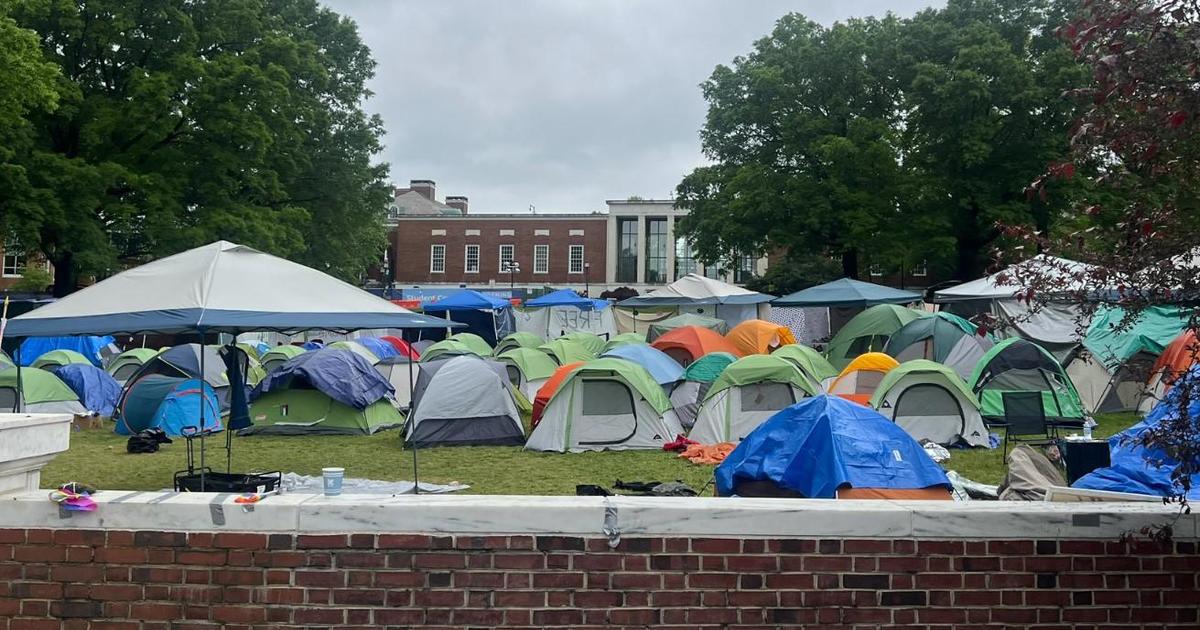Johns Hopkins Develops Video Game to Help Stroke Patients
BALTIMORE (WJZ)-- Every year, nearly 800,000 people in the United States have a stroke.
Researchers at Johns Hopkins School of Medicine are using video games to help stimulate brain recovery and improve patients' quality of life.
Patient David Stevenson says the robotic arm and the game Johns Hopkins developed, helped him regain movement after a stroke earlier this year left his left side paralyzed.
"My arm, my leg I couldn't move at all. I had slurred speech and my face was drooping," says Stevenson.
David tested this new technology in a study at Hopkins during his recovery.
"It's just like you're playing a video game, except it's actually helping you," he says.
The KATA Design Group is behind the technology.
The team of artists, neurologists and engineers create interactive games to help patients move again.
"It's a way to make them in a playful, exploratory way, help them explore movement in a way they otherwise wouldn't try," says Dr. John Krakauer.
Researchers say the games allow patients to make natural movements they don't typically do during physical and occupational therapy.
"The right kind of movements that will allow the brain to rewire so they can move like they did before they had an injury," says Dr. Omar Ahmad.
The technology is now being tested with a larger group. David hopes it will help others recover.
"Most people would be happy where I'm at, but I still want to be completely 100 percent," Stevenson says.
And the games are evolving. The group is currently developing a virtual reality game.
The group is also working on the "Kata Therapeutic Table," that will allow staff to play video games remotely with neurology patients.
Researchers hope the technology can one day help injured war veterans.
Follow @CBSBaltimore on Twitter and like WJZ-TV | CBS Baltimore on Facebook



